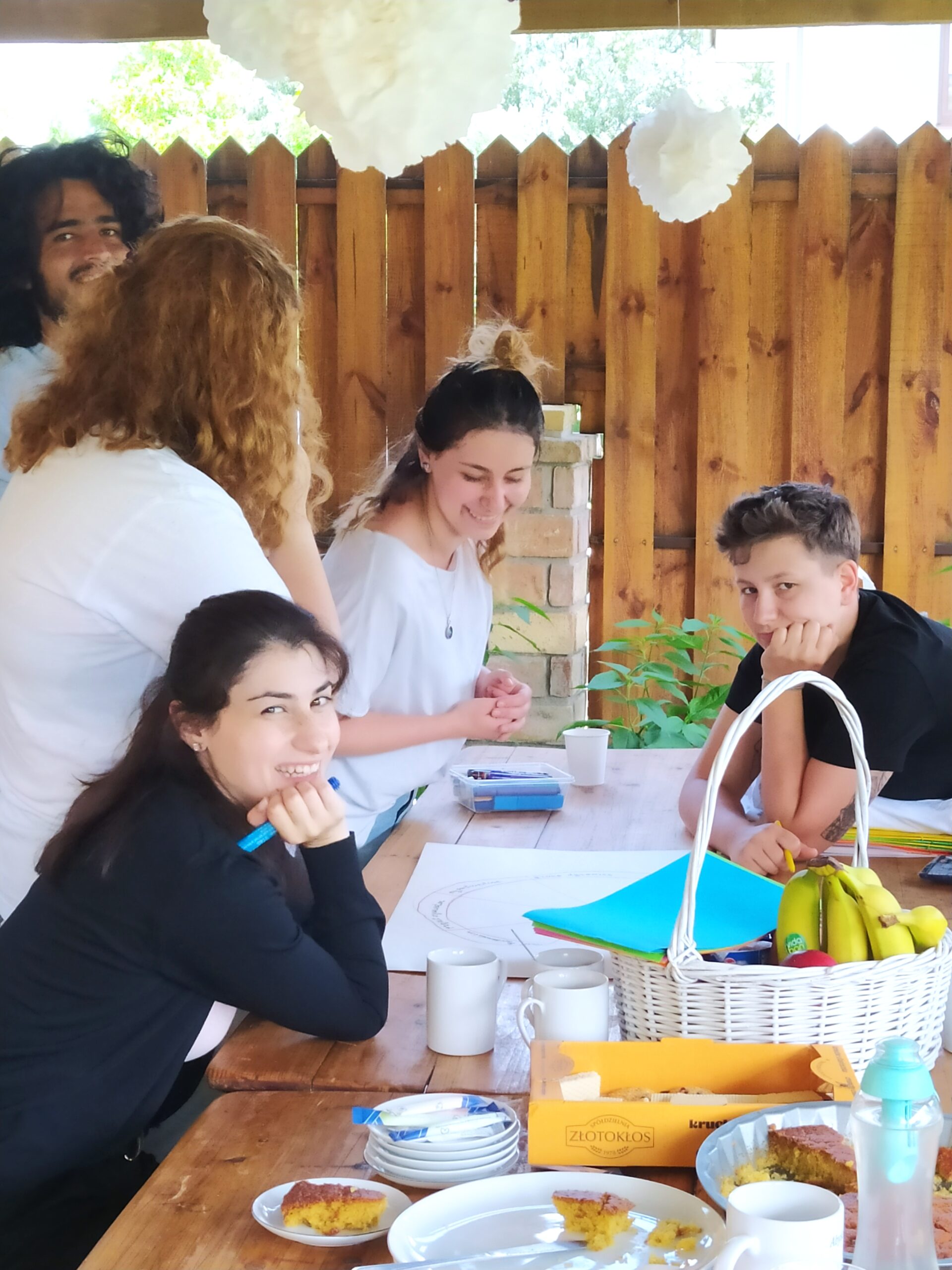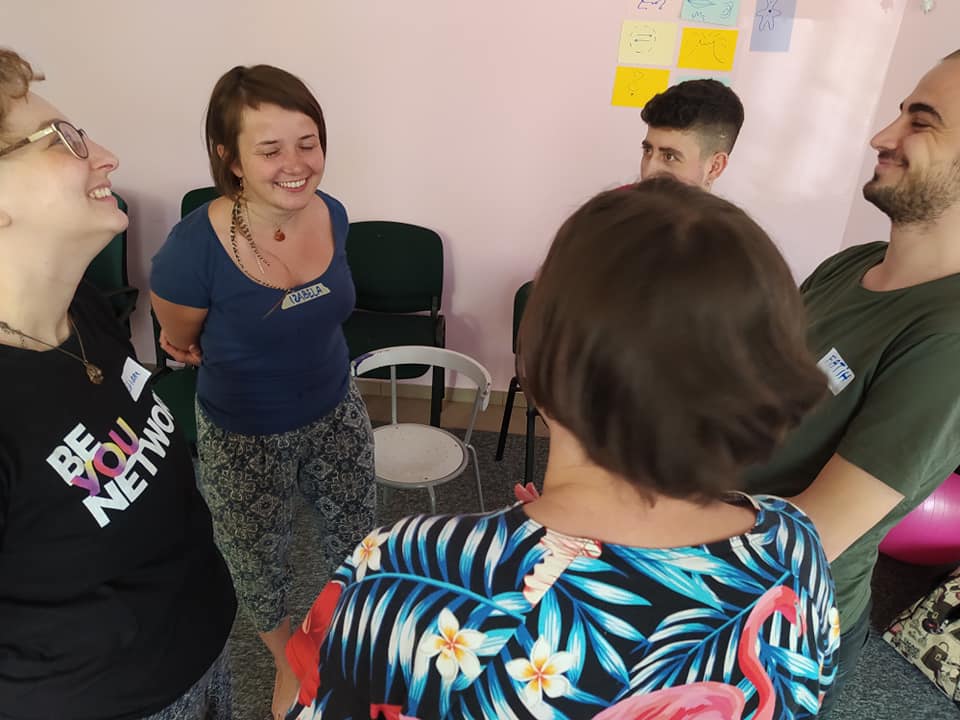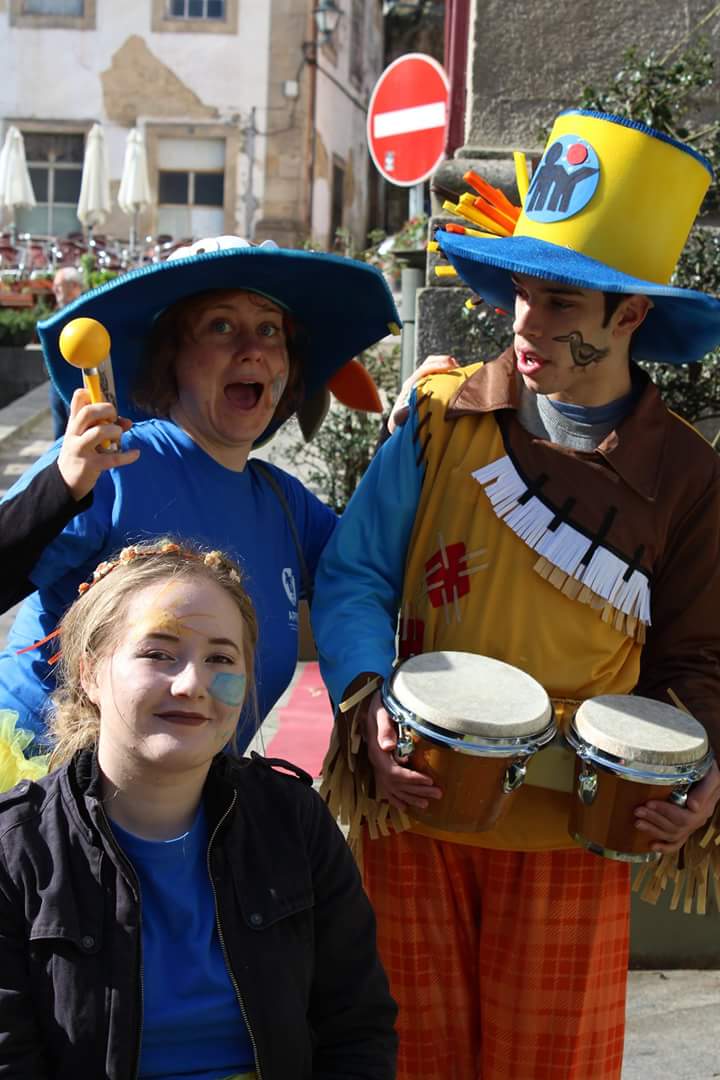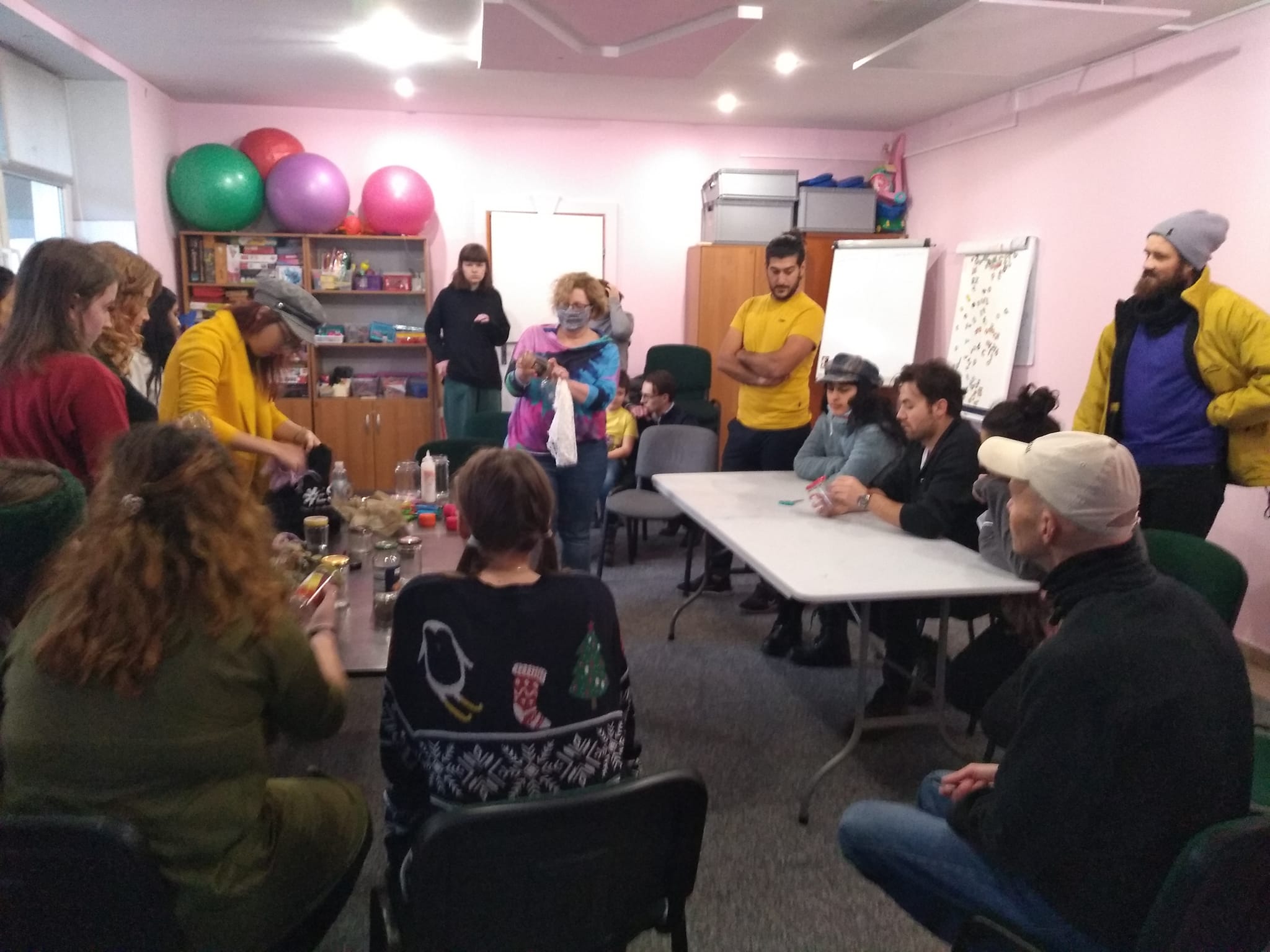European Solidarity Corps
European Solidarity Corps (ESC)
The European Solidarity Corps (ESC), like the EVS before it, gives young people living in Europe (not just European Union countries) the chance to go to another country as a volunteer for a period of several months and work on a variety of initiatives relevant to the local community.
To go on a European Solidarity Corps project, you only need to meet 2 conditions:
Be 18-30 years old
Live in one of the Program countries
(you can find the full list here)
Remember, you don’t need to know the language of the country you want to go to or have a specific education. The most important thing is your willingness to learn new things, motivation, enthusiasm and desire to do something important for others!
What to do to go to European Solidarity Corps?
- register in the ESC database
- find the project you are most interested in on the platform. You can search for projects by country, project theme, duration
- apply for the project – attach your CV to the application
- remember to include a cover letter in English. The more personalized it is, the better your chances of getting on your dream project!
- wait for a response from the organization to which you have applied. Don’t worry if you are not immediately accepted to your dream project. The project database is updated on a regular basis, so you’re sure to find something for you!
- once you have been accepted to a project, write to us – as your sending organization we will answer any questions and prepare you for the trip by organizing pre-departure training.
once you are on the project, you can count on our support throughout! - upon your return, we have several suggestions for you to use your experience in your professional and social life. This is also an opportunity to encourage others to take advantage of the ECS Program

As a Volunteer you are guaranteed:
- international travel costs to and from the project
- food and accommodation: for the duration of your stay abroad on the project, your host organisation must provide you with accommodation (this could be a room in a larger flat shared with other volunteers, accommodation with a host family or in a student residence – there are many possibilities) and food
- insurance: under an agreement between the European Commission and Cigna, each volunteer is covered by a group insurance scheme. So you can easily benefit from the health care in the country you will go to on your ESC and do not have to pay for it
- learning the language of the host country: if you want to learn the language of the host country, the host organisation is obliged to provide you with linguistic support (this can be in the form of a language tandem, individual lessons with a teacher or a course in a language school)
- pocket money: the rate is set by the European Commission. You receive a monthly allowance and you decide what you want to spend it on
- a series of trainings: you get prepared by the pre-departure training in the organisation. When you arrive at the project site, you take part in an on-arrival training to introduce you to the new cultural and social reality. About halfway through your stay on the project, you participate in a mid-term evaluation, which helps you to reflect on what you have already achieved in the project, what challenges you still have to face and how you will manage your career after the project
Upon your return to Poland, you meet again with your sending organisation for the final evaluation of your project.
1. How long can volunteering at ESC last?
Within the European Solidarity Corps Volunteer Service, there are short-term and long-term mobilities. Short-term mobilities last from 2 weeks to 2 months. Long-term ones, on the other hand, last from 2 to 12 months.
Individual short-term volunteering is mainly aimed at people with fewer opportunities (minorities, disabilities, financial difficulties, etc.).
2. How many times can I go on an ESC volunteer trip?
You can only go on an ECS volunteer trip once. The exception to this is if the volunteer(s) first go on a short-term mobility. After this type of mobility, he/she can leave again, this time for long-term volunteering. Please note that the reverse situation, i.e. first going for long-term mobility and then for short-term mobility, is NOT possible.
Also in the case of group volunteering, it is possible to go on several mobilities.
3. What is the difference between individual and group volunteering?
Individual volunteering is the most popular form of volunteering. It is directed to individuals. This does not mean that there will not be other volunteer(s) in the project! Organizations are often looking for several people to work together or carry out different tasks in one project.
Group volunteering is a trip lasting from 2 weeks to 2 months, in which a group of 10 to even 40 volunteers from at least two different countries carry out an activity together.
4. How long does it take from the time you look for a project to the time you leave?
The search for the perfect project can take time, so it’s a good idea to start doing it at least three months in advance. You’ll get access to a database of volunteer projects for which recruitment is currently underway by registering here. When you find a project you’re interested in, you’ll need to apply by sending a resume and writing a few words about why you want to take part in a particular project. Don’t be discouraged if you don’t get a response right away! If the organization likes your application, it will probably invite you for an interview via one of the online messengers and based on that they will decide whether to accept you for the project. To go on a volunteer trip you will need a sending organization (as Jeden Świat we are happy to take on this task!). From this point, you can start preparing for your trip: fine-tuning your tasks with the host organization, planning your trip and possibly applying for a visa, pre-departure training organized by the sending organization, packing your suitcases and saying goodbye to your family and friends ?
It’s a good idea to start your search early, especially if you want to go on a project to a country outside the European Union and the Schoengen Zone – in that case, you need to add the visa waiting time, which can take up to several months.
5. Can I quit volunteering during the project?
For various reasons, including fortuitous situations, it may become necessary to terminate the mobility early. Should this happen, the volunteer will not bear any costs for this, provided that he/she did not abandon the project arbitrarily without informing anyone. Mobility can also be suspended for a maximum of 2 months and then completed.
Of course, such situations are rare, and in case of difficulties during mobility you can always count on the help of a mentor, sending organization or national agency. The volunteer is obliged to maintain open communication with the organizations to agree on the best solution. As a rule, then a day is set by which costs are settled.
6. Where will I live?
The place of accommodation for the volunteer(s) depends on each project – the host organization is responsible for providing it. Volunteer(s) usually live in an apartment shared with other volunteers or other people, in a dormitory, etc. They may have an individual room or share it with another person. When you talk to the host organization of the project you want to apply for, be sure to ask about housing conditions.
7. I am over 30 years old, can I still become an ESC volunteer?
The ESC volunteer(s) must be no older than 30 years old at the start of the mobility, and the cut-off date is the 31st birthday.
For example, a person born on June 30, 1991, can start mobility before that date and celebrate his or her 31st birthday already during his or her volunteer service.
8. I am a person with a special needs, can I become an ESC volunteer?
Yes, ESC volunteering especially supports people with fewer opportunities, including those with disabilities. So you can expect more support from the sending and host organization, including financial support and/or an assistant.
9. What does green travelling mean?
ESC projects place special emphasis on being planet-friendly. Green travelling is travelling to a project site with the smallest possible carbon footprint. All volunteers going on projects are encouraged to choose the least environmentally intrusive means of transportation (train or bus instead of airplane) whenever possible.
If you have any further questions about the European Solidarity Corps (ESC), please contact Dominika at: longterm@poland.sci.ngo




